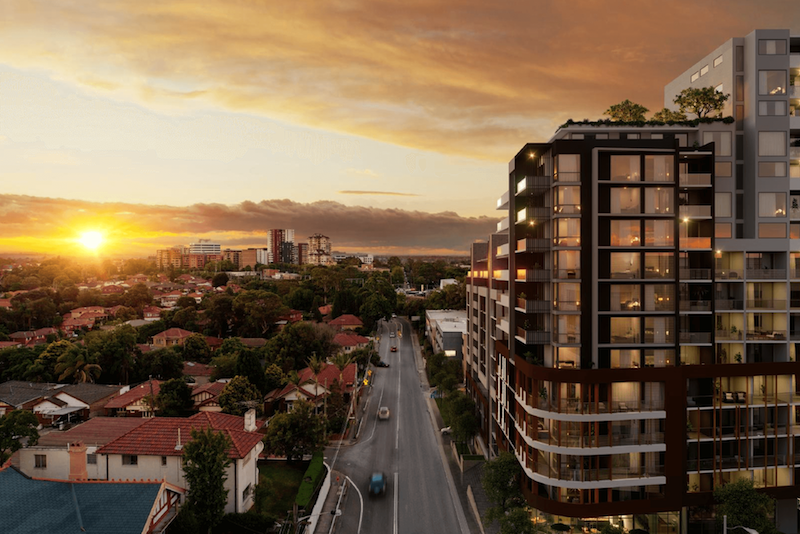When Scott Morrison became prime minister following the ousting of Malcolm Turnbull – another instance of a prime minister not seeing out his term – no one gave him a chance of retaining the post come the next federal election.
Pundits joked that Bill Shorten locking himself in a room for three months with tape over his mouth would be enough to secure victory at a time where the Liberals were in the midst of chaotic infighting.
But in what can only be described as a Steven Bradbury-esque performance last weekend, the Morrison-led Liberal Party claimed an extraordinary victory over Shorten’s Labor ensuring the Coalition remained in power. Bill Shorten had managed to lose the ‘unloseable’ election.
This election had similarities to the 2016 United States presidential election in the way the media gave Donald Trump less than one per cent chance of claiming victory over his opponent Hillary Clinton. Look how that turned out.
Once again, despite how much a candidate is expected to win and how many news polls predict them to win; victory is never certain until the public cast their votes at the polls.
A hotly debated topic was the future outlook of the property market with the Labor Party’s intention to reform the taxation process and the Liberal’s insistence of maintaining the status quo.

Voters decided to give the Liberal Party – and Scott Morrison who’s been in power less than a year – another shot. Many in the property industry are happy with the outcome because as a result, Labor’s negative gearing and capital gains tax won’t come to fruition.
Ken Morrison, CEO of the Property Council of Australia, called the result “extraordinary”, saying “the election result shows that Australians have rejected risky taxation changes at such an uncertain time in the property cycle.”
Morrison believes Labor’s shortfall was that it was the wrong policy at the wrong time, as construction activity and house prices both find themselves in decline while the nation’s economic growth is also slowing.
“Negative gearing has been a long-established feature of the Australian tax system and supports 1.3 million Australian property investors, the overwhelming majority of whom are everyday Australians saving for their future,” he said.
“These investors also support the housing choices for the one-third of Australian households who rent their home.”
Real Estate Institute of Western Australia (REIWA) President Damian Collins echoed Morrison’s comments, saying the election result was a big win for Australia’s housing market.
“We are delighted there will be no changes to national property taxes. Meddling with one component of a broader tax system is reckless and would have had significant consequences for the Australian housing market,” said Collins.

As fears grew that Labor’s plans would be both damaging and unsustainable should Shorten get elected, voters were given further incentive to vote Liberal when Scott Morrison announced his party’s plans to make the property market more accessible to first-home buyers.
The Liberal Party’s First Home Loan Deposit Scheme will offer first-home buyers loan guarantees so eligible buyers can purchase their first property with just a 5 per cent deposit, meaning people will be able to own their own property years earlier than they would normally be able to do so.
If Scott Morrison’s stars align, this initiative could turn out to be a masterstroke.
Not only do the Liberal’s have first-home buyers on their side but with the Reserve Bank of Australia predicted to cut interest rates at their next board meeting on June 6 and once more before year’s end, the fact the property prices have historically risen following interest rate cuts means they will also go a long way to impressing the investor market.
Chairman of the Property Investment Professionals of Australia Peter Koulizos said the results of the election showed Australians feel strongly about the future of the property market and consider property ownership important.
“[Labor] creating an us and them campaign by classifying all landlords as ‘greedy’ did the opposition no favours when the vast majority of property investors only own one property and are just trying to improve their financial future,” he said.
The national property market is also expected to receive a boost following the Australian Prudential Regulation Authority’s (APRA) announcement that they will be relaxing the assessment rate for home loans.
Effectively, this means that homeowners will be able to borrow more money; an outcome that figures in the industry are calling the biggest development for the property market “in at least four years.”
Wayne Byres, Chairman of APRA, said with interest rates currently sitting at record lows and expected to drop further, the gap between their 7% floor and the actual rate of interest paid had become unnecessarily large.
“The changes, while likely to increase the maximum borrowing capacity for a given borrower, are not intended to signify any lessening in the importance that APRA places on the maintenance of sound lending standards,” he said.

“Rather, it is simply recognition that the current interest rate environment does not warrant a uniform mandated interest rate floor of 7 per cent across all products.”
Treasurer Josh Frydenberg declared last month in his budget speech that “affordable housing is a priority for this Government,” and going off the Liberal Party’s latest announcements it seems they’re at least doing their best to keep their word.
The Liberal Government, at least for the time being, is successfully keeping themselves in the good books of both first-home buyers and investors.
And while nothing is ever certain when it comes to predicting the future of the property market, for the first time in a very long time there seems to be light on the horizon for the struggling Aussie market, and things are finally looking up.

